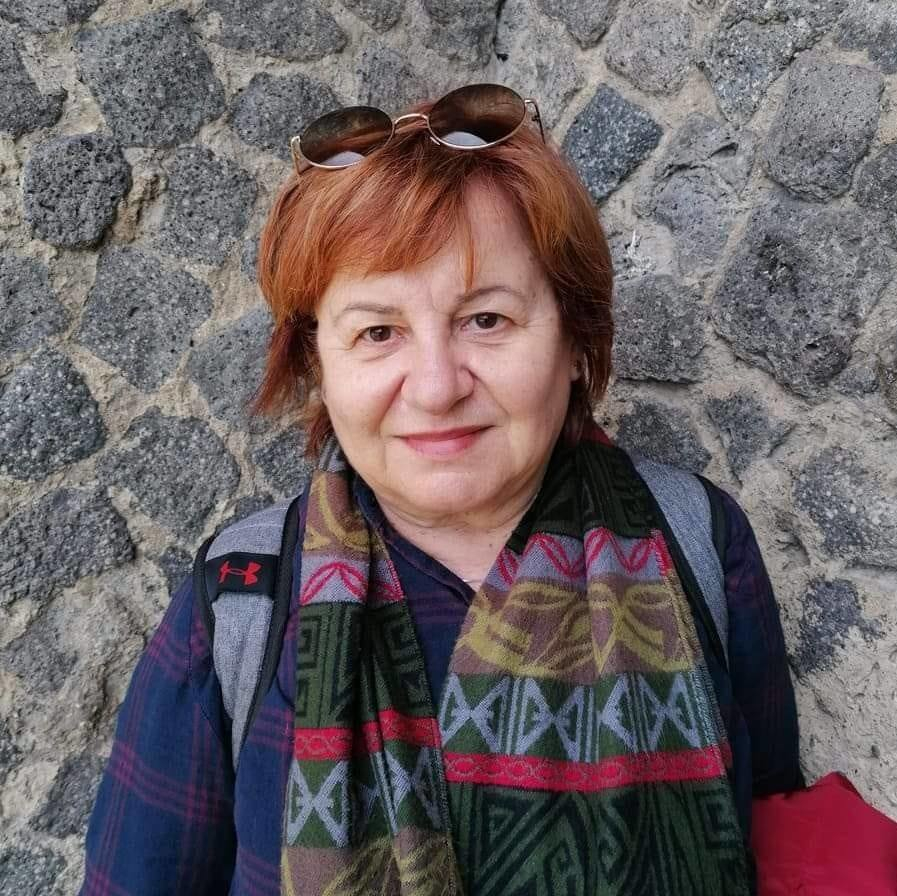THE DIFFERENT PERSON AND HIS DOOM
-
ABSTRACT
The article interprets otherness as a distinctive feature of the person, positioning him beyond the scope of the community to which he belongs. That distinction is often behavioural and does not correspond to the moral conven- tions of the social group. It often brings about the rejection of the individual, and dooms him to misunderstanding, aloneness, even death. The following two works of the contemporary Bulgarian literature have been selected for observation: the 125short novel The Barrier by Pavel Vezhinov and the novella “Verse for Her” by Nikolai Vatov. The analytical parallel between the characters in the two lite- rary works has been driven by difference as a viewpoint for their interpretation.
SUBJECT


